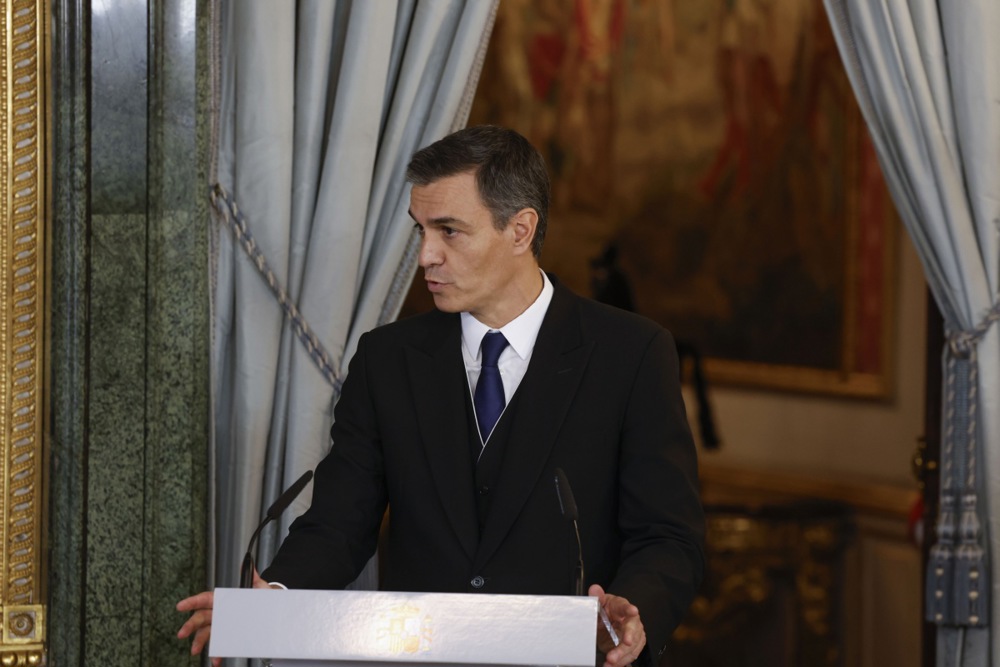The former president of Spain’s Catalonia region and former MEP Carles Puigdemont is set to remain in exile indefinitely after the Spanish Supreme Court ruled the controversial amnesty law for Catalan secessionists did not apply to him.
Under the ruling, Puigdemont’s arrest warrant will remain in place, rendering his return to Spanish territory unlikely.
Justice Pablo Llarena, the lead judge in Puigdemont’s case, dismissed his appeal to reconsider the court’s July 1 decision that deemed the amnesty law not applicable to the crimes the Catalan is accused of, including embezzlement.
Llarena ruled that the amnesty law itself required the exclusion of crimes where individuals acted “with the intent of obtaining personal financial gain”.
The judged added that Puigdemont and two advisors involved in the 2017 secessionist referendum “decided to charge the cost of the illegal referendum to public funds provided by taxpayers”.
Puigdemont reacted to the news of Llarena’s ruling saying: “On the same day that Spain contradicts international humanitarian law and decides to keep the crimes of Francoism unpunished, it rules that amnesty cannot be applied to us.”
The Spanish Parliament passed the Amnesty Law in mid-March, with the support of the ruling Spanish Socialist Worker’s Party (PSOE), its coalition partner Sumar, Carles Puigdemont’s Junts per Catalunya party, as well as other Catalan and Basque separatist groups.
The Spanish Congress had rejected the first version of the Amnesty Bill in January on the deciding vote of Junts, which claimed it did not ensure “enough guarantees”.
Puigdemont had fled Spain to Waterloo in Belgium at the outset of the events in October 2017, where Catalan secessionists organised a self-determination referendum and issued a unilateral declaration of independence.
Although he lives in exile, Puigdemont had defied his arrest warrant before.
On August 8, the day regional MPs voted for a new Catalan president, Puigdemont appeared and spoke at a large rally in Barcelona where he said Spain’s “hard repression has pushed us to prison and exile”.
His appearance sparked a so-called “cage operation” by Catalonia’s regional police although he managed to escape Spanish authorities again.
It is unclear whether Puigdemont’s promise to “finish the independence process that started in October of 2017” will be fulfilled, given Llarena’s decision, after lacklustre results in May’s regional election.
But his Junts party remains a vital piece of Prime Minister Pedro Sánchez’ majority in parliament.





